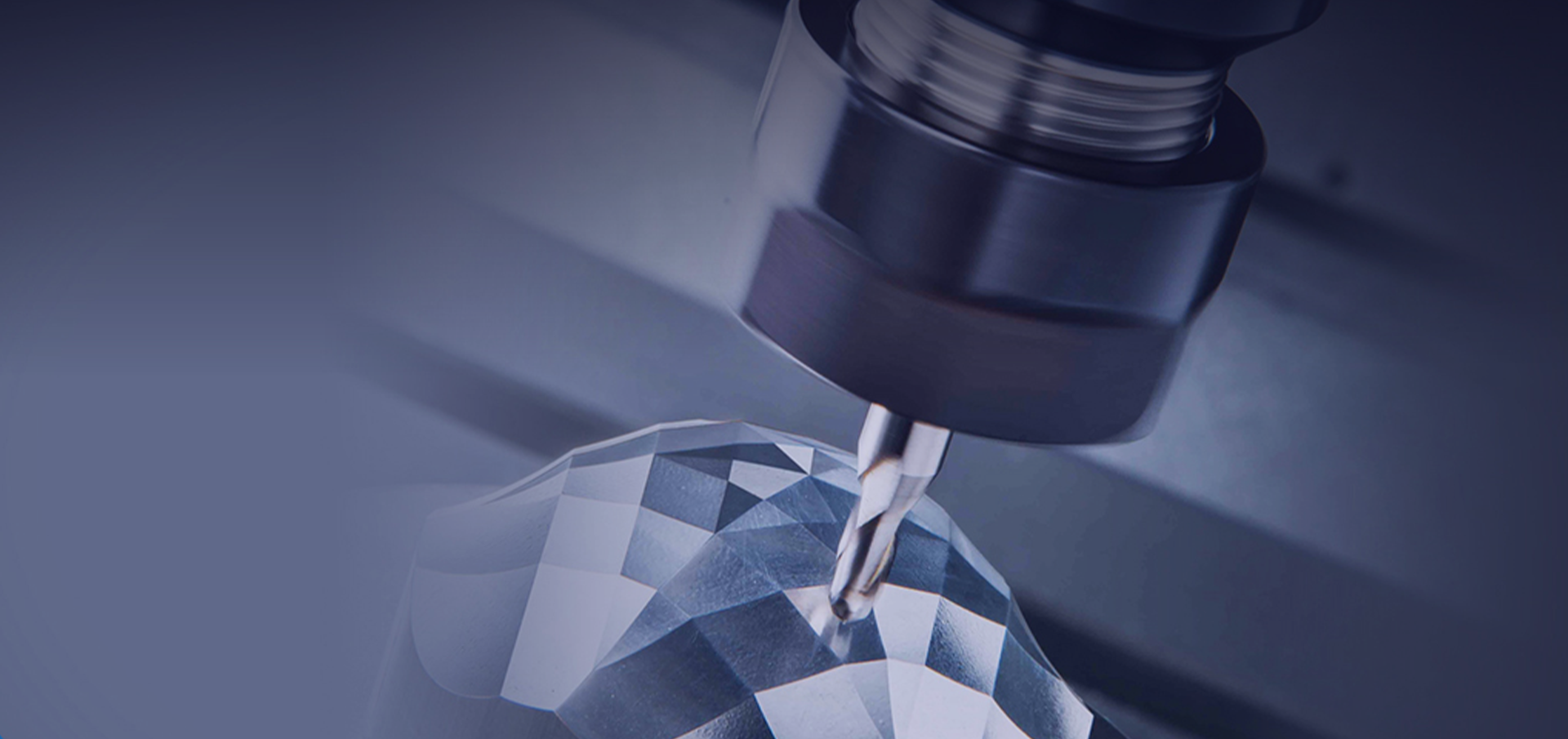Introduction
The automotive industry demands high-quality, reliable, and precisely machined components to ensure the safety and performance of vehicles. Our machined products have been engineered to meet the strict standards and requirements of this dynamic industry, playing a crucial role in enhancing the overall functionality and efficiency of automobiles.
Key Machined Components and Their Applications
Engine Components
■ Function: The engine is the heart of a vehicle, and machined parts such as crankshafts, camshafts, and cylinder heads are essential for its proper operation. Crankshafts convert the reciprocating motion of the pistons into rotational motion, while camshafts control the opening and closing of the engine valves. Cylinder heads provide a sealed chamber for the combustion process. These components require extremely tight tolerances, typically within ±0.005mm to ±0.02mm, to ensure optimal engine performance and fuel efficiency.
■ Material Selection: High-strength alloy steels are commonly used for engine components due to their excellent mechanical properties, including high tensile strength and fatigue resistance. For example, 4340 alloy steel is often employed for crankshafts, and aluminum alloys are increasingly being used for cylinder heads to reduce weight and improve fuel economy.
Transmission Components
■ Function: Transmission systems rely on precisely machined gears, shafts, and housings to transfer power from the engine to the wheels and control the speed and torque. The gears need to be machined with high precision to ensure smooth and efficient power transmission, with tolerances as fine as ±0.01mm to ±0.03mm. The shafts must be able to withstand high rotational forces, and the housings provide protection and support for the internal components.
■ Material Considerations: For gears and shafts, alloy steels such as 8620 and 9310 are frequently used due to their good wear resistance and toughness. Transmission housings are typically made from aluminum alloys or cast iron, depending on the application and cost requirements. Aluminum alloys offer weight savings, while cast iron provides better damping characteristics.
Suspension and Steering Components
■ Function: These components are critical for the vehicle's handling and ride comfort. Machined parts like control arms, spindles, and steering knuckles enable precise movement and alignment of the wheels. Tolerances for these components are usually within ±0.05mm to ±0.1mm to ensure proper suspension geometry and steering response. The surface finish of these parts is also important to reduce friction and wear.
■ Material and Machining: Aluminum alloys and high-strength steels are commonly used for suspension and steering components. Machining processes such as milling, turning, and grinding are employed to achieve the required shapes and tolerances. Surface treatments like coating or plating may be applied to enhance corrosion resistance and reduce friction.
Quality Assurance and Precision Machining Processes
Quality Assurance
■ We have implemented a rigorous quality control system to ensure the highest quality of our machined automotive parts. This includes comprehensive incoming material inspection to verify the quality and composition of the raw materials. In-process inspections are carried out at multiple stages using advanced metrology equipment such as coordinate measuring machines (CMMs), roundness testers, and surface roughness testers. The final products undergo strict quality checks, including dimensional accuracy verification, hardness testing, and fatigue testing, to meet or exceed industry standards and customer requirements.
■ Additionally, we adhere to international automotive quality management systems such as ISO/TS 16949 to ensure consistent quality and continuous improvement in our manufacturing processes.
Precision Machining Processes
■ Our machining operations utilize state-of-the-art CNC (Computer Numerical Control) machines equipped with high-precision spindles and advanced tooling systems. We employ a variety of machining techniques, including high-speed milling, turning, grinding, and broaching, to achieve the tight tolerances and complex geometries required for automotive components.
■ Our experienced machinists and engineers work closely with automotive manufacturers to optimize the machining processes based on the specific design and performance requirements of each part. This includes developing custom tooling and fixtures to ensure repeatable and accurate production.
Customization and Design Support
Customization
■ We understand that automotive manufacturers often require unique and customized parts to differentiate their vehicles and meet specific performance goals. Therefore, we offer extensive customization options for our machined products. Whether it's a modified engine component for increased power output, a custom transmission gear set for improved fuel efficiency, or a specialized suspension part for enhanced handling, we can work with you to develop and manufacture the exact part you need.
■ Our design and engineering team is available to collaborate with automotive companies from the initial concept stage through to the final production, providing valuable input and expertise to ensure the seamless integration of the machined components into the overall vehicle design.
Design Support
■ In addition to customization, we provide design support services to help automotive manufacturers optimize the performance and manufacturability of their parts. Our team of experts can assist in material selection, design for manufacturability (DFM) analysis, and prototyping. Using advanced CAD/CAM (Computer-Aided Design/Computer-Aided Manufacturing) software, we can simulate the machining process and identify potential design issues before production, reducing development time and costs while enhancing the quality and reliability of the final product.
Conclusion
COPYWRITER
Our machined products offer the precision, quality, and customization necessary for the highly competitive automotive industry. With a wide range of materials and machining capabilities, we are able to provide reliable solutions for various automotive applications, from engine and transmission systems to suspension and steering components. Whether you need a single prototype or large-scale production, we are committed to delivering high-quality machined components that meet and exceed the expectations of the automotive market.
Contact us today to discuss your automotive machining requirements and let us help you drive innovation in the automotive industry.
Post time: Feb-15-2025












